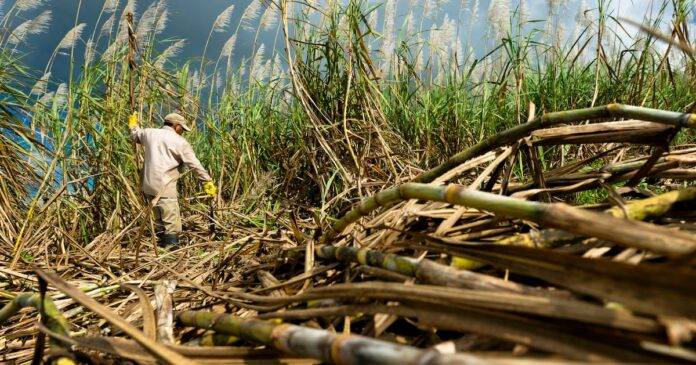The global sugar industry appears to be thriving, with increasing production and a rebound in sugar futures post-pandemic lows. However, underlying challenges threaten the industry’s stability. Global trade tensions, such as possible US-imposed agricultural tariffs, and discussions of a US ban on sugary products, cast a shadow over the industry’s future.
Beyond these headline issues, the sugar industry faces a more insidious threat in the form of heat stress. With rising global temperatures leading to heatwaves and extreme weather events, major sugar-producing countries like Brazil, Thailand, and India are feeling the impact. Heat stress poses a dual threat to sugar production, affecting both crop health and the well-being of workers.
The damaging effects of heat stress on sugarcane include reduced growth and sucrose content, impacting overall yield. Moreover, shifts in rainfall patterns due to climate change add to the challenge, with sugarcane requiring significant amounts of water for growth. Excessive heat also poses health risks to workers, with conditions such as headaches, muscle cramps, and kidney dysfunction becoming more prevalent in hot working environments.
To mitigate the effects of heat stress on sugar production, strategies such as improved irrigation, water management, and crop rotation can help safeguard plant health. Drought and flood-resistant varieties offer promise for the future. Ensuring worker safety through providing water, rest, and shade is crucial to protect workers from heat-related illnesses.
Organizations like Bonsucro are working towards improving worker safety and food security in the sugarcane sector through certification and adherence to health and safety standards. However, addressing the root cause of heat stress requires a broader effort to reduce harmful emissions contributing to climate change. The sugar industry, along with other sectors, must work towards reducing fertilizer use, fossil fuel combustion, and other practices that contribute to environmental degradation.
In conclusion, while the global sugar industry may be enjoying a sweet spot currently, challenges like heat stress and climate change threaten its long-term sustainability. By taking proactive measures to address these issues and promote sustainability, the industry can navigate through turbulent times and secure a more resilient future.




